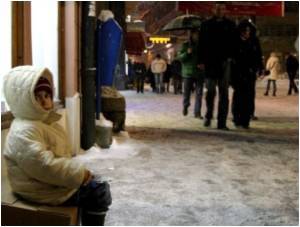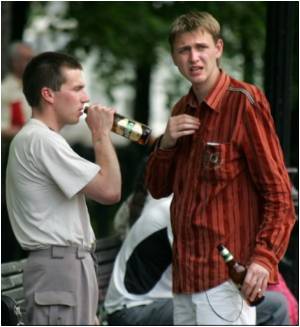Scientists have claimed that the seeds of criminal and anti-social behaviour can be found in children as young as three.

His studies have shown that psychopaths and criminals have smaller areas of the brain such as the amygdala and prefrontal cortex, both of which regulate and control emotion and behaviour.
He also believes that a lack of conditioning to fear punishment, which can be measured in toddlers before disruptive behaviour is apparent, could also be a strong indicator.
Dr Nathalie Fontaine argued that children as young as four exhibited 'callous unemotional traits' such as lack of guilt and empathy that could also suggest future bad behaviour.
Linking these features with "conduct problems" such as throwing tantrums could be a strong way to predict who could be anti-social in later life.
Both speakers said that identifying these issues earlier could be important in stopping children from becoming criminals.
Advertisement
"We could be ostriches and stick our heads in the sand but I believe we have to pursue the causes of crime at a biological and genetic level as well as at a social," the Telegraph quoted him as saying.
Advertisement
Source-ANI









